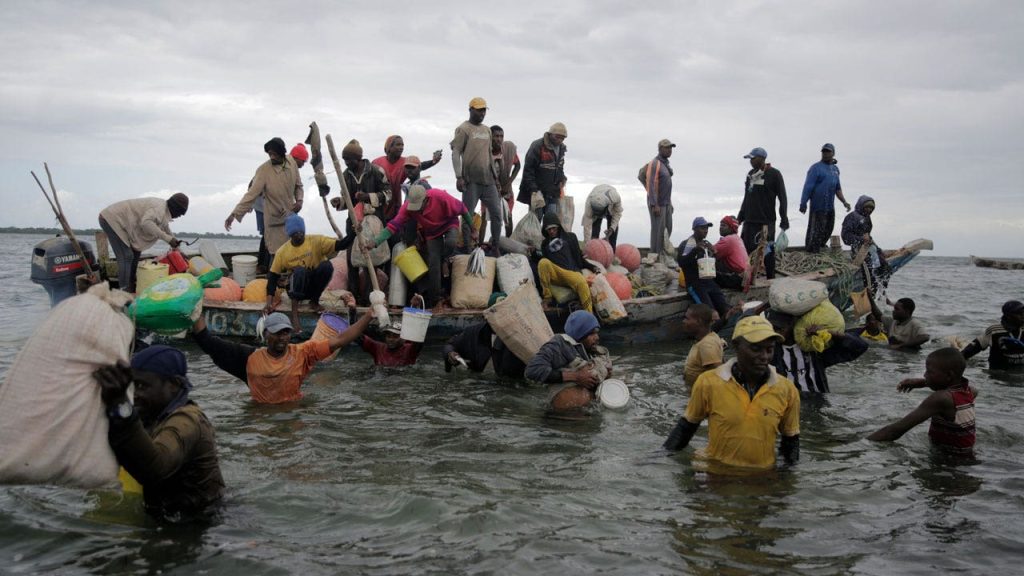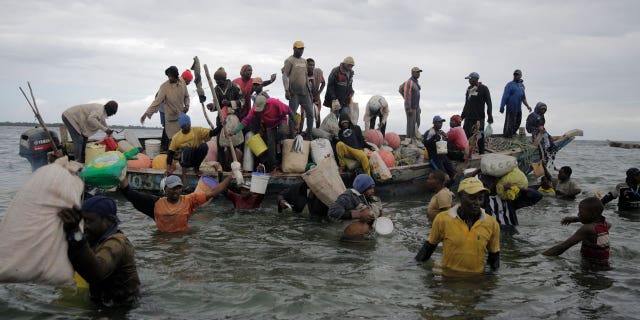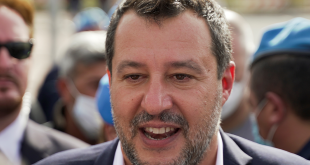
An ongoing row between the European Union and coastal Indian Ocean nations over sustainable tuna fishing continues to simmer after a resolution in early February temporarily banned the use of destructive driftnets despite opposition from the European bloc.
Civil society organizations sent a petition Wednesday to the EU’s oceans and environment commissioner, Virginijus Sinkevičius, accusing fisheries lobbies of exerting undue pressure on Brussels to object to the ban which applies to fisheries devices used by some corporations in the bloc.
The much-criticized driftnets are “at the heart of the European fleets” in the Indian Ocean, said Claire Nouvian who heads the scientific non-governmental organization Bloom and is one of the signatories of the petition.
The EU is a major consumer of tuna, and its powerful fishing fleets trawl distant oceans to meet the continental demand.
Over 90% of tuna sold in the EU comes from the Indian Ocean and is caught through controversial fisheries aggregating devices, according to the Indian Ocean Tuna Commission.
BUILDING COLLAPSE IN KENYA KILLS 3

Fishermen swim out from an incoming boat at a berth, some with their overnight catch in Kwale county, Gazi Bay, Kenya, on June 12, 2022. (AP Photo/Brian Inganga)
CLICK HERE TO GET THE FOX NEWS APP
The EU said it had sent a “comprehensive proposal” on the driftnets that addressed concerns on usage, plastic pollution and marking gear. It added that it is “supportive of the adoption of a strong management measure for yellowfin tuna and other tropical species.”
Susan Jackson, the president of the International Seafood Sustainability Foundation, urged regional fisheries management organizations to “cooperate, communicate and collaborate” and to turn to the science to cool down tensions between negotiating blocs.
In an interview with The Associated Press, Jackson said science could help “depoliticize” decision-making which would in turn improve “the sustainability of global tuna fisheries and the ecosystems that support them.”
Associated Press climate and environmental coverage receives support from several private foundations. See more about AP’s climate initiative here. The AP is solely responsible for all content.

 Latest Breaking News Online News Portal
Latest Breaking News Online News Portal




